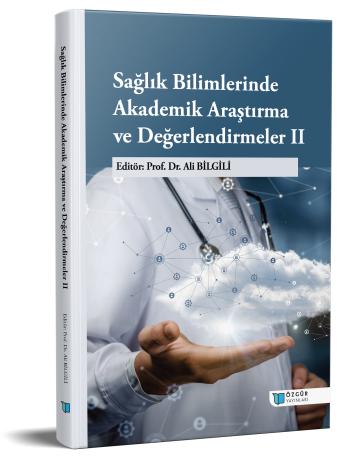
Pediatric Chronic Critical Illness: Definition, Clinical Features, Epidemiology, and Prevention Strategies
Chapter from the book:
Bilgili,
A.
(ed.)
2024.
Academic Research and Evaluations in Health Sciences II.
Synopsis
Pediatric chronic critical illness (PCCI) is a complex health condition that arises in children who survive acute critical illness but require prolonged intensive care support. This article provides a comprehensive examination of the definition, clinical features, epidemiology, risk factors, and prevention strategies associated with PCCI. The condition places a significant burden on healthcare systems while posing psychosocial and economic challenges for affected families and children. Although there is no consensus in the literature regarding the definition and diagnostic criteria of PCCI, dependence on life-support technologies and the need for prolonged intensive care are among its most defining characteristics. This article synthesizes current literature to improve the understanding and definition of PCCI and proposes recommendations for integrating multidisciplinary approaches and innovative technologies into the management of this patient group. The aim is to enhance patient care while reducing the burden on healthcare systems.

